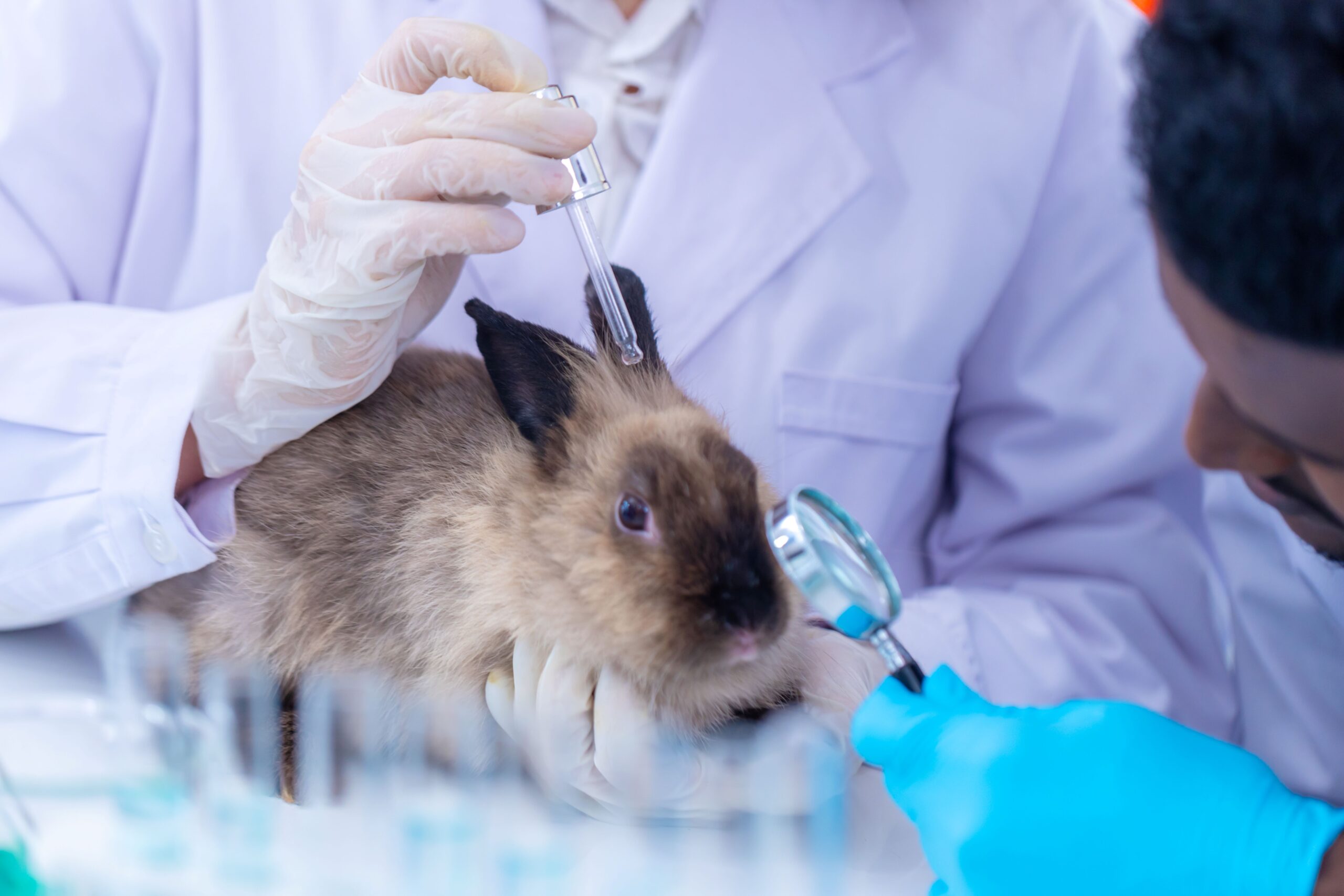Animal testing isn’t new. For decades, it was seen as necessary — even unavoidable — in product development and scientific research. But something shifted. By mid-2023, even casual conversations in Tampa coffee shops started to reflect a quiet discomfort. Not outrage, not protest — more like a hum of hesitation.
Part of that comes from how information now travels. Articles about cruelty in lab procedures make it into group chats and neighborhood Facebook groups. Terms like “ethical science” pop up next to phrases like “alternatives to animal testing.”
This shows how digital media can influence social trends and behavior. For example, the article Development of Soft2Bet in the iGaming Industry illustrates how technology and information flows change entire industries.
Ethical Science Isn’t Just Rhetoric
The term “ethical science” used to feel like PR dressing. Now, it’s being pressed into policy. Universities across Florida — including USF and UCF — have started reevaluating partnerships with testing labs. And it’s not only because of ethics. Reputation management is part of it, too.
Animal rights activists point to basic moral inconsistencies. “You can’t promote humane treatment and still endorse invasive tests on primates,” one Tampa-based volunteer put it last October.
It adds up. But still feels incomplete.
Alternatives to Animal Testing Are Viable — and Growing
What used to be fringe is becoming mainstream. Lab-grown tissues, computer-based modeling, and synthetic biology offer scalable ways to replace traditional animal trials.
In a St. Pete biotech meetup — Wednesday mornings, just off Central Ave — startups regularly demo such technologies. These aren’t hypotheticals anymore.
So why haven’t they fully replaced animal testing yet? Well… regulation moves slowly. Habits move slower.
Consumer Pressure Is Real, Especially in Florida
Floridians vote with their wallets. From Clearwater to Ybor, shoppers are asking more pointed questions: “Is this cruelty-free?” isn’t rare anymore — especially not on weekends when local markets bring vendors face to face with conscious consumers.
Some brands adapt quickly. Others don’t. The consequence? Gradual loss of loyalty.
It looked stable at first. Then it shifted.
Scientific Validity Is Being Challenged
Here’s the catch: results from animal tests don’t always predict human responses. In fact, several pharmaceutical recalls in the last decade were linked to this mismatch.
Even seasoned researchers now admit — albeit reluctantly — that reliance on animal models may obscure more than it reveals.
Around 10:30 on a Tuesday, during a panel at a Tampa research symposium, one speaker paused after saying: “We’ve built too much on too little.”
It lingered.
Cultural Momentum Can’t Be Ignored
Ethics evolve. What was tolerated in the ‘90s now invites scrutiny. Florida isn’t isolated from that shift. If anything, it’s amplifying it.
Local ordinances in Miami-Dade and Broward have already placed constraints on animal use in public experiments. And while Tampa Bay hasn’t passed anything binding yet, conversations are underway.
The tone? Cautiously urgent.
Reevaluating Assumptions — Slowly, Then Suddenly
Of course, not everyone agrees. Some argue that abandoning animal testing wholesale would derail progress. Others worry about economic disruptions to research institutions.
Valid points.
But maybe the question isn’t whether to ban animal testing entirely — but how fast we can reduce reliance without compromising safety.
That sounded solid — until we tested it.
Because in the end, it’s not about one perfect solution. It’s about the momentum of many imperfect ones.
And if mid-morning sidewalk chatter in Tampa is any indicator — that momentum’s already arrived.
